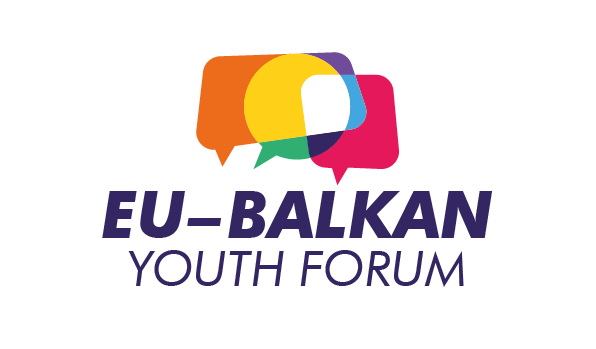The European Union and national governments should provide citizens with a safe and democratic digital space in collaboration with civil society actors. The rationale behind the digital spaces should not only be profit-making, but also a public service that strengthens democracy by enabling safe communication and participation as well as protection of people’s privacy. In building digital infrastructure, safety, resilience and societal impact on communities should be prioritised. European youth plays an important role in promoting such values. The building of these spaces should always be made in cooperation between experts from diverse fields that can understand the different aspects of digitalisation and its impacts. In democratic societies, people should be able to be part of the decisions that concern their lives. The digital world is intertwined with our social and physical reality, but people do not have the means to shape it. This should be changed at all levels (EU, national governments, civil society) by curtailing the power of Big tech and enforcing democratic decision-making and transparency. In order to address these challenges, we all need to be guided by EU values.
To the EU
-
Ensure collaboration and support creation of networks of credible debunking and fact-checking organisations, that will foster sharing of best practices on both national and international level. This should also include promotion of platform accessibility for different groups and users (e.g. International Fact Checking Network, SEE Fact Checking Network).
-
Facilitate collaboration between, but not limited to journalists, civil society, tech experts, academia to create a standardised fact-checking framework. Also increase promotion and accessibility of information-verifying tools.
-
Enable online elections for the EU Parliament and introduce a hybrid, more inclusive system.
-
Advance the current digital platform for the Conference Future of Europe, thus making it more accessible and enabling interaction between citizens and decision-makers.
-
Fight polarisation and the phenomenon of echo-chambers in the virtual space/online. To this end, the EU should look into the creation of human-centric digital spaces (such as publicly funded social media platforms and other digital services), governed by public interest and not profit.
-
Regulate the use of algorithms, promoting transparency, ethics and accountability. In particular, create regulation that will enforce transparency of companies using algorithms. Promote and make transparent terms of use, comprehensible for all users.
To the national governments
-
Uphold the EU standards of freedom of expression, privacy, safety of journalists with the goal to create a positive environment for free media.
-
Provide funds for the creation of content for massive open online courses (MOOC) focusing on educational tools for youth, including digital skills.
-
Implement and standardise e-signature, both at national and the EU level.
-
Expand the range of e-services, resulting in paperless public administration, increased transparency and accountability.
-
Improve, expand and implement legislation related to cyber crime.
-
Provide more strategic support to the member states and Western Balkans, both at national and EU level, to build digital infrastructure in order to prevent the erosion of sovereignty and vulnerability to hybrid and cyber attacks.
-
Create opportunities for young people and establish their role in influencing policy-making when it comes to the digital space.
To civil society
-
Support and expand media literacy initiatives, making them more accessible to every citizen, as well as focusing on the marginalised groups to address the digital divide.
-
Implement a bottom-up approach of promoting cyber literacy and informational resilience practices.
-
Increase awareness of platforms that facilitate exchange between citizens and policy-makers.
-
Hold governments accountable, advocate for open-data policies and create opportunities for different groups to influence these processes.
-
Increase their role in providing information on how digitalisation impacts people and communities, especially minorities.




